Gingerbread Seasoning: 7 Spicy Secrets to Bake Like a Pro (Without Burning Your Kitchen Down)
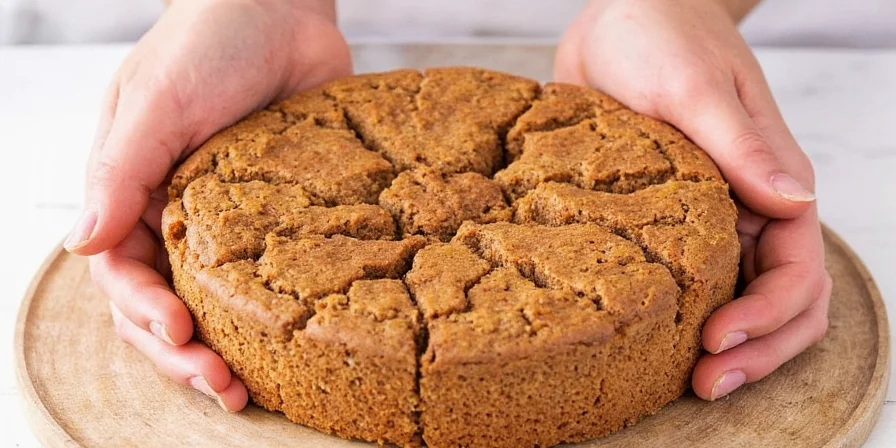
Table of Contents
- Introduction: The Warm Embrace of Gingerbread Seasoning
- What is Gingerbread Seasoning, Anyway?
- 7 Essential Tips & Tricks for Mastering the Mix
- The Science Behind the Spice: Why These Flavors Work So Well Together
- Beyond Cookies: Creative Ways to Use Gingerbread Seasoning Year-Round
- Frequently Asked Questions About Gingerbread Seasoning
- Conclusion: Make Every Bite Taste Like Christmas Morning

Introduction: The Warm Embrace of Gingerbread Seasoning
If you've ever bitten into a warm gingerbread cookie straight out of the oven, you know what pure comfort feels like. That cozy blend of spices? That's gingerbread seasoning — the unsung hero of holiday baking.
In this article, we’ll unwrap everything there is to know about this magical mix, from basic ingredients to advanced hacks. Whether you're a seasoned baker or just dipping your whisk into the world of spices, you’re in for a treat!
What is Gingerbread Seasoning, Anyway?
Gingerbread seasoning isn't a single spice but a symphony of warming flavors. At its core, it typically includes:
- Cinnamon
- Ginger
- Nutmeg
- Cloves
- Allspice
Sometimes cardamom or mace makes a cameo, depending on the region and recipe. The balance between these spices can vary, which is why no two gingerbread recipes taste exactly the same.
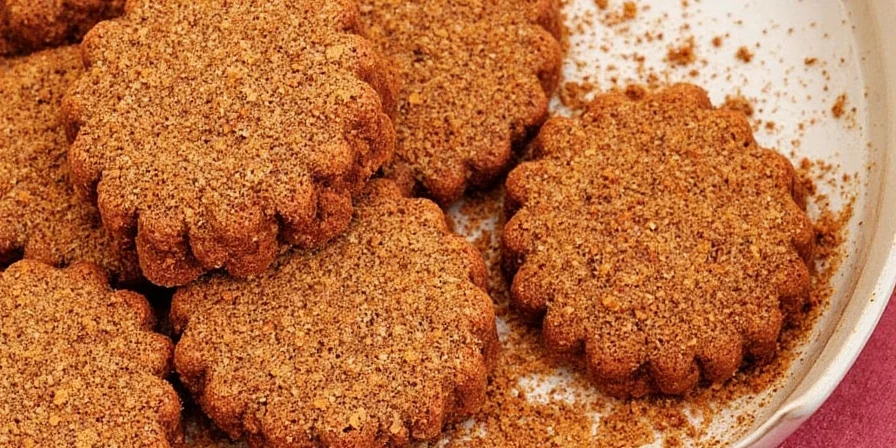
7 Essential Tips & Tricks for Mastering the Mix
You wouldn’t use expired batteries in a flashlight, right? Same goes for spices. Here’s how to make your gingerbread seasoning shine:
- Freshness Matters: Ground spices lose potency over time. If your spices are older than your last vacation, consider replacing them.
- Bake Your Own Spices: Roasting whole spices before grinding intensifies their flavor. Try roasting cinnamon sticks or nutmeg kernels at low heat for extra depth.
- Don’t Overdo Cloves: A little clove goes a long way! Start with half the amount called for, then adjust to taste.
- Balance Sweet with Sour: Add a splash of molasses or dark brown sugar to balance out the sharpness of the spices.
- Toast It In Fat: Toasting the spice mix in butter or oil before adding to dough helps release aromatic oils for a richer flavor.
- Store Smartly: Keep your gingerbread seasoning in an airtight container away from heat and light. Proper storage extends shelf life up to 6 months.
- Customize It: Make your own signature blend by tweaking ratios. Want more zing? Increase ginger. Love floral notes? Add a pinch of cardamom.
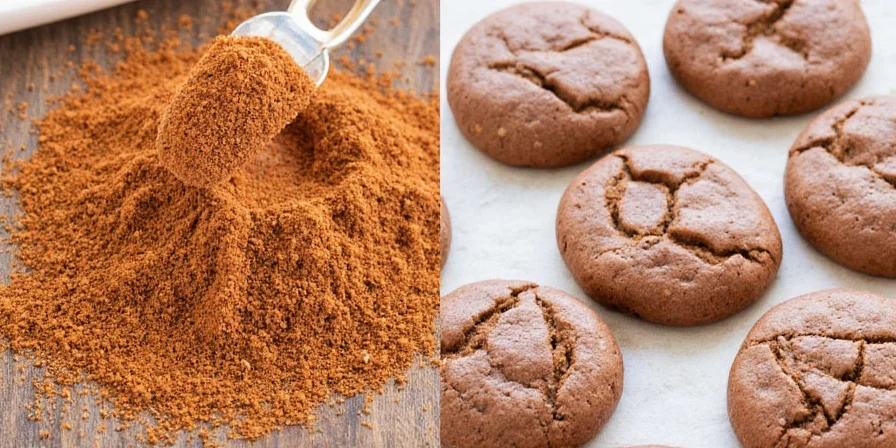
The Science Behind the Spice: Why These Flavors Work So Well Together
Gingerbread seasoning is more than nostalgia — it’s chemistry in action. Let’s break down why these spices work so well together:
| Spice | Flavor Notes | Chemical Compound | Why It Works |
|---|---|---|---|
| Cinnamon | Warm, sweet, woody | Cinnamaldehyde | Provides a sweet backbone that balances sharper spices. |
| Ginger | Peppery, citrusy, spicy | Gingerol | Adds brightness and a kick that cuts through sweetness. |
| Nutmeg | Elegant, earthy, slightly nutty | Myristicin | Lends a subtle warmth that enhances other flavors. |
| Cloves | Intense, medicinal, bold | Eugenol | Punchy flavor that adds complexity when used sparingly. |
| Allspice | Combo of cinnamon, clove, nutmeg | Eugenol + others | Acts as a flavor bridge, tying the whole blend together. |
Beyond Cookies: Creative Ways to Use Gingerbread Seasoning Year-Round
Who says gingerbread seasoning is only for December? Here are some genius ways to use it year-round:
- Spiced Latte: Stir a pinch into your coffee or hot chocolate for a festive twist.
- Breakfast Boost: Sprinkle on oatmeal, yogurt, or pancakes for an instant mood lift.
- Glazed Carrots: Toss roasted carrots with a touch of honey and gingerbread seasoning for a sweet side dish.
- Spiced Popcorn: Mix with melted butter and drizzle over popcorn for a cozy movie night snack.
- Cocktail Rim: Combine with sugar and rim glasses for spiced margaritas or old-fashioneds.
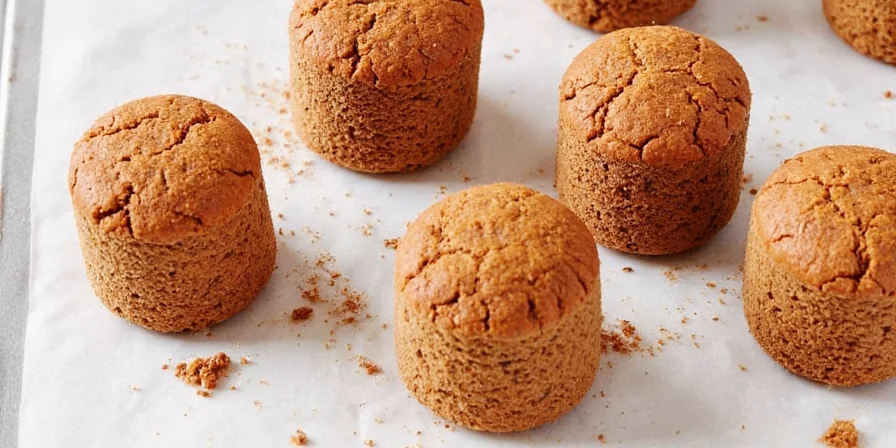
Frequently Asked Questions About Gingerbread Seasoning
Can I substitute pumpkin pie spice for gingerbread seasoning?
Yes, but note that pumpkin pie spice tends to have less ginger and may include allspice instead of cloves. Adjust accordingly if using it as a swap.
How long does homemade gingerbread seasoning last?
Stored properly in an airtight container, your DIY blend should last up to 6 months. For maximum flavor, try to use within 3–4 months.
Is gingerbread seasoning safe for kids?
Absolutely! Just keep the amounts modest unless they’ve inherited your adventurous palate.
Can I use fresh ginger instead of ground?
You sure can! Grate fresh ginger root finely and add it toward the end of mixing. Note that the flavor will be more pungent and less sweet.
Is there a caffeine-free version?
The spices themselves are naturally caffeine-free. If you're using gingerbread seasoning in drinks, opt for decaf bases like herbal teas or spiced milk.
Conclusion: Make Every Bite Taste Like Christmas Morning
Gingerbread seasoning is more than just a seasonal staple — it’s a gateway to flavor magic. Whether you're sprinkling it on latte foam or whipping up a batch of snickerdoodles, mastering this spice blend opens doors to creativity and coziness in your kitchen.
So go ahead — play with ratios, toast your spices, and don’t be afraid to add a little flair. After all, the best spice blends aren’t made by rulebooks… they’re made by taste, intuition, and a dash of holiday spirit.
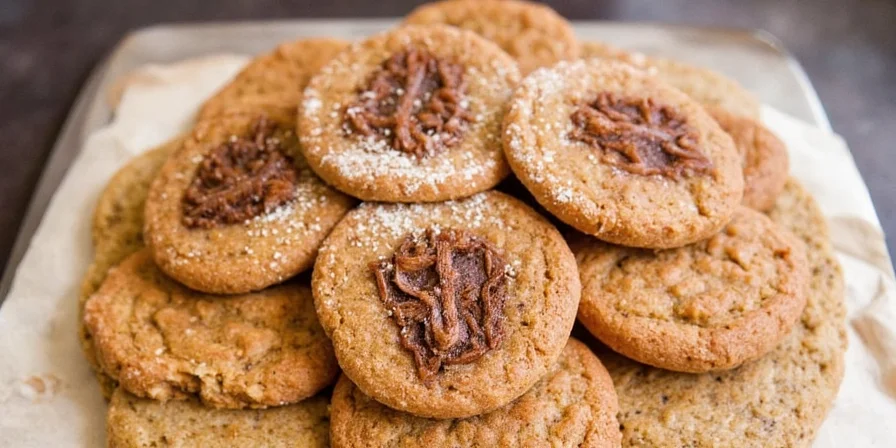

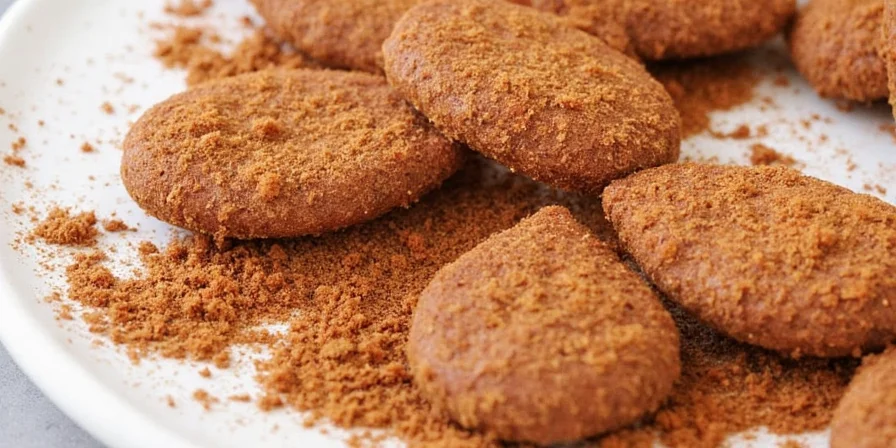









 浙公网安备
33010002000092号
浙公网安备
33010002000092号 浙B2-20120091-4
浙B2-20120091-4